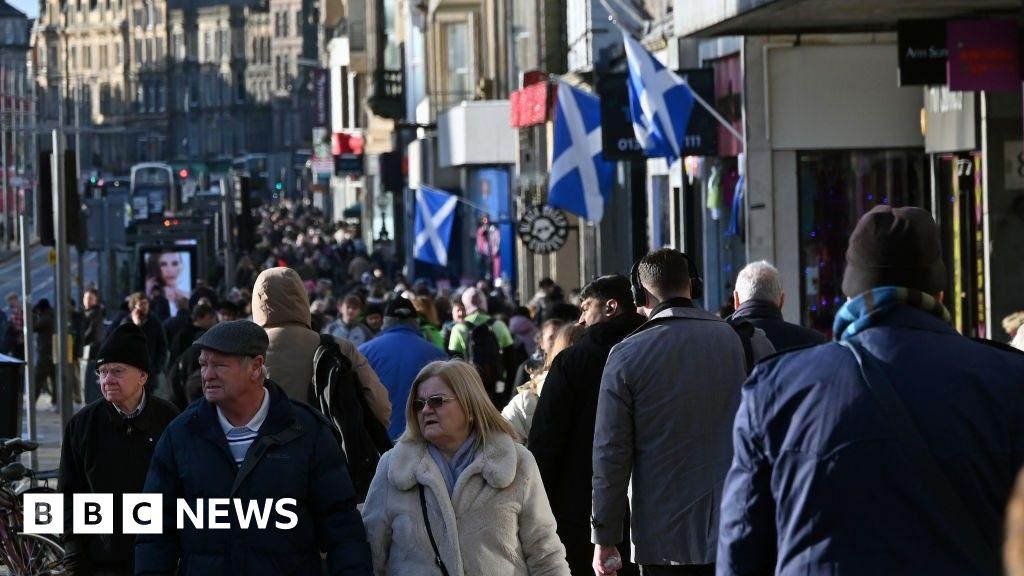Football
Euro 2024 format is not fair as Scotland are now discovering

Late into Sunday night’s game in Stuttgart, Scotland are drawing with Hungary. The result would mean that Scotland finish third in their group. But would it mean that Scotland advance to the second round of the European Championship? Scotland wouldn’t know.
When Scotland were drawn in Group A of the European Championship, their chances of qualifying for the second round were significantly reduced. The problem was not who Scotland would face but when.
Group A is the first group to be completed. Should Scotland draw or win against Hungary on Sunday night, they will end the group in third place, but without any knowledge about whether this is enough to advance to the last 16.
It encapsulates an absurdity of the European Championship. It doesn’t just matter which teams you are drawn against. It also matters what letter your group is.
The fairness of sports depends on the principle that all teams must abide by the same rules. This is why doping, bribing opponents or referees or, indeed, breaching Financial Fair Play rules distort the entire competition.
Sporting integrity also depends upon symmetry of information – the idea that all teams must have equal knowledge about what the outcomes of results could be. Matches are played out in unison on the final day of each league season to prevent the sides that play last from having an unfair advantage.
Yet this principle does not apply to the 24 teams at the European Championship. Sixteen teams proceed to the second round – the top two in each group, and four of the six best third-placed sides, a process that sacrifices sporting integrity.
In two previous editions of the 24-team Euros, one winner owed their victory in part to being drawn in group F. In 2016, after draws with Iceland and Austria in their opening two matches, Portugal knew that another draw, against Hungary, would be enough to squeeze into the last 16 in third place. When the score was level at 3-3, Portugal could be content, guaranteed that such a score would send them through; Hungary, who were on course to win the group in the event of a draw, had no need to press for a goal either.
Had Portugal’s game been in group A, their calculation would have been very different. A draw would have left Portugal on three points – at risk of four other third-placed teams finishing on more points, thereby eliminating them. Perhaps Portugal would have accepted their fate being in the hands of others. But perhaps this fear would have Portugal to attack recklessly in the last throes of the game, risking conceding another goal and tumbling out of the competition.
By being in group F, Portugal were free of such unpalatable choices. So they were at Euro 2020 – once again in group F, and again drawing their last group game to qualify in third place. In Euro 2024, Portugal are, as if by birthright, in group F once more.










